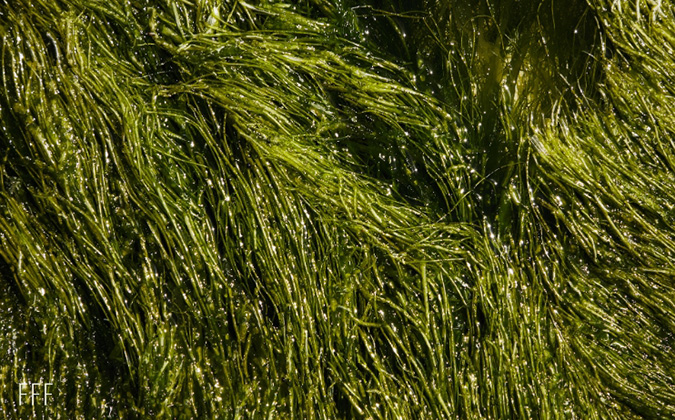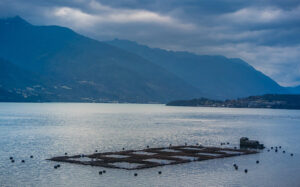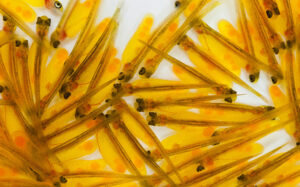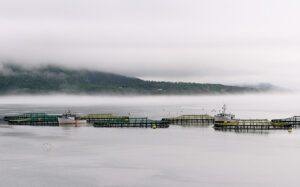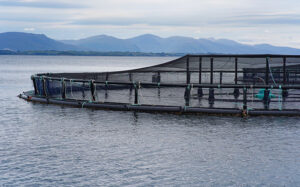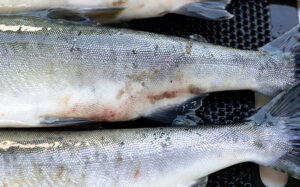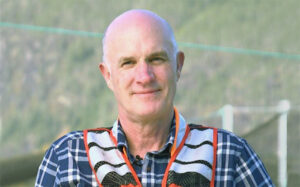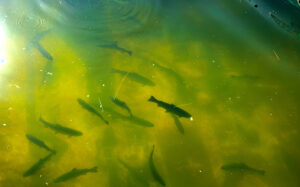Salmonids
Temperature and timing key to effective vaccination using ALPHA JECT LiVac® SRS
Temperature in the first days after vaccination is critical in ensuring that a live attenuated vaccine is effective against salmonid rickettsial septicemia (SRS), one of the main disease challenges in Chilean salmon aquaculture.
Artificial intelligence highlights which salmon eggs have the best chance of success
Software using artificial intelligence is set to help Atlantic salmon producers in Chile make better decisions about the chances of eggs developing successfully into healthy fish, reducing the productivity losses in early fish development which have significant effects on the aquaculture industry.
Ensuring elite disease management during challenging time for Canada’s salmon farms
Salmon farming in Canada is facing some unprecedented challenges, but there is no sign of the industry letting its guard down when it comes to disease prevention.
One pathogen strain seems the main culprit in damaging salmonid disease
A distinct strain of the main fungus-like pathogen which causes saprolegniosis — thought to be responsible for around 10% of economic losses in the salmonid industry — looks likely to be responsible for the majority of outbreaks of the disease on Atlantic salmon fish farms.
Research highlights risks of thermal delousing treatments for unhealthy salmon
Thermal sea lice treatments do not appear to cause increases in pathogens which threaten farmed salmon, but the risk of stress-related mortalities means that fish already suffering from disease should not undergo thermal sea lice treatments, according to Institute of Aquaculture researchers.
Dramatic changes and emerging challenges in more than 30 years of fish health and welfare
An interview with Professor Jimmy Turnbull, PhD, University of Stirling
How acoustic technologies are aiding fish health and welfare
Monitoring fish using sound is on the rise in aquaculture, meeting a need to accurately assess the health and welfare of farmed-fish populations in changing environments.

